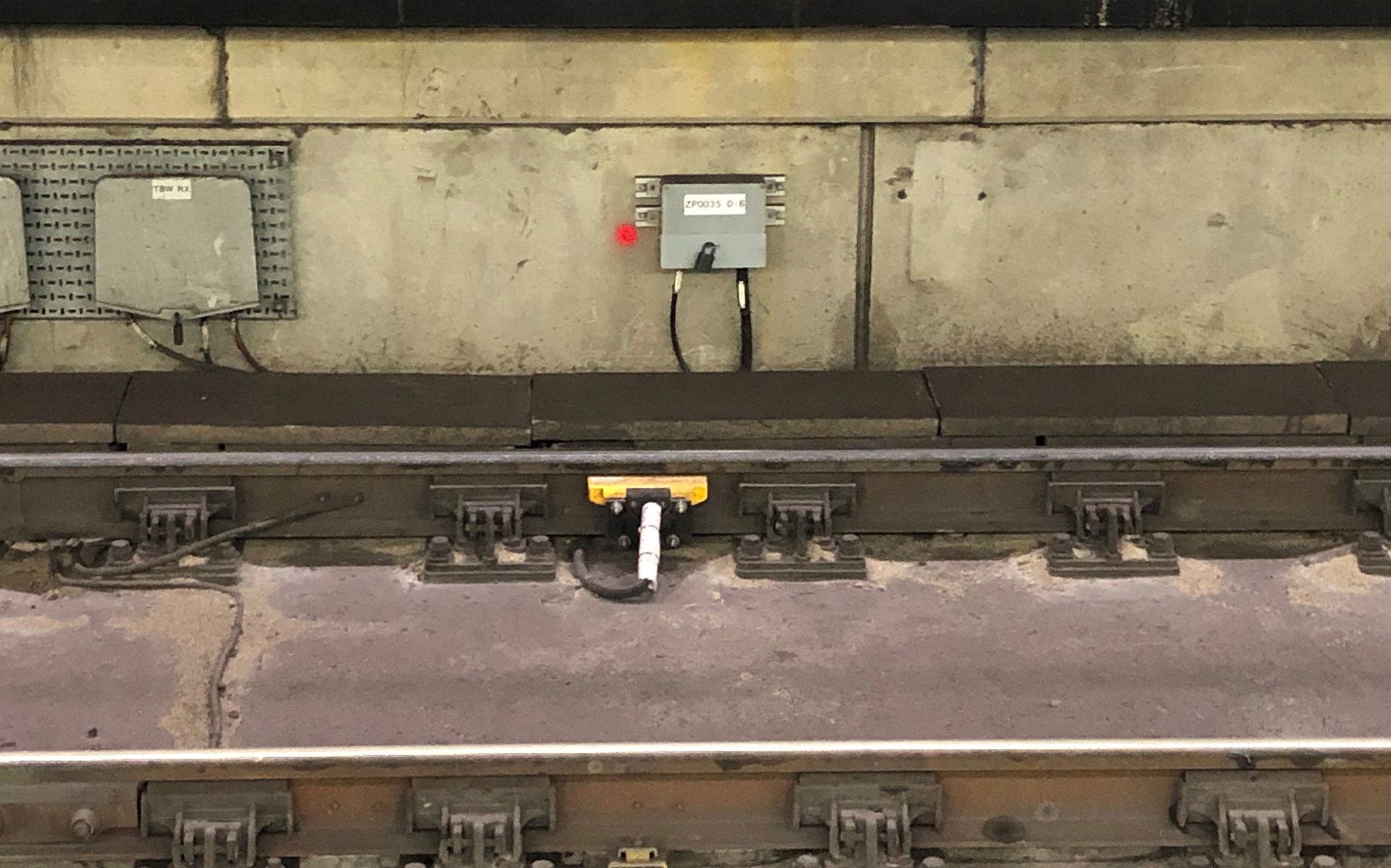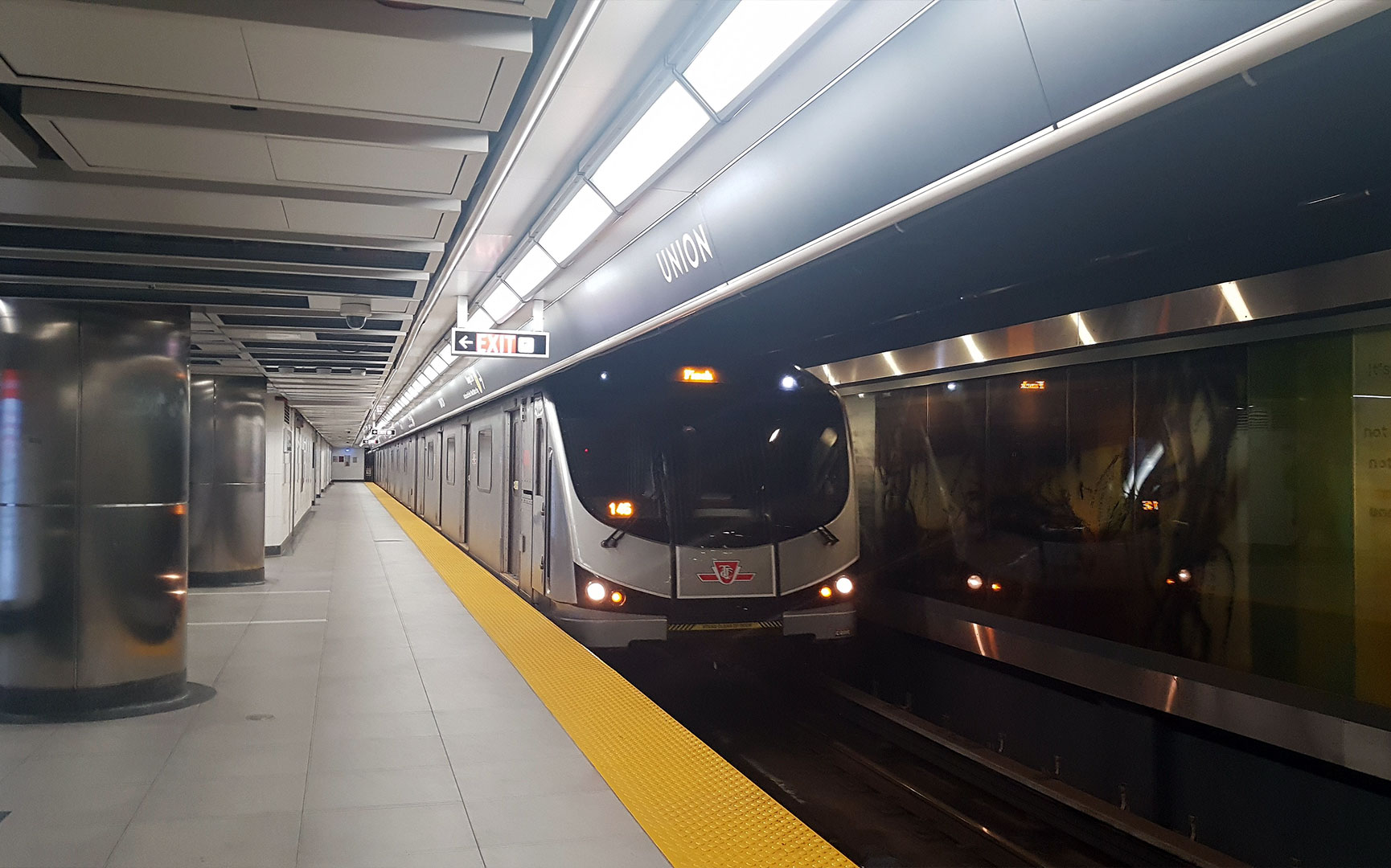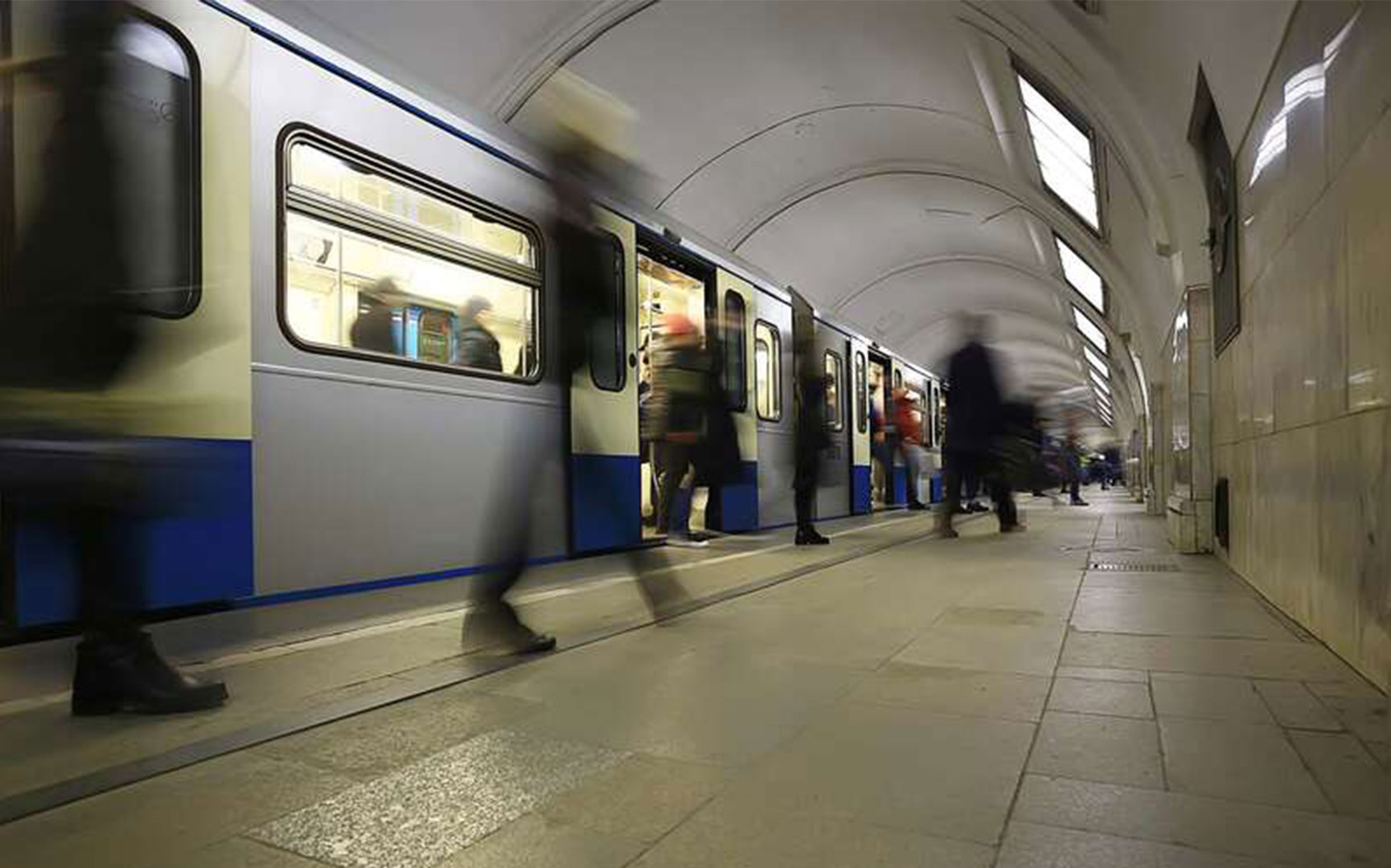
train-detectionPoland
Metro Warsaw | Poland
Metro Warsaw was looking for an alternative to track circuits for the line M2, to increase the availability of public transport by using reliable signalling technology. In the end, the operator even decided to replace the existing track circuits on line M1 with the Frauscher Axle Counter ACS2000.
The Warsaw Metro currently consists of two lines, with a third one planned. Urban lines are characteristically exposed to high traffic density, therefore the operator was looking for a solution which allows trouble-free operation for line M2. Keeping maintenance windows at a minimum was another requirement to the signalling technology.
To meet these expectations, the Frauscher Axle Counter ACS2000 with wheel sensor RSR180 has been implemented by Rail-Mil. The advantage of this system is the quick and efficient integration into existing signalling technology systems as it provides widely used hardware interfaces.
In combination with comprehensive diagnostic possibilities, the whole solution ensures reliable operation and cost-effective maintenance.
After years of successful implementation, Warsaw Metro decided to use the ACS2000 on further projects and even replaced existing track circuit installations on line M1. This project proves that modern axle counters are a key solution for future-oriented and sustainable rail systems.
Tried and tested technology
The highly reliable RSR180 has undergone continual development over more than 30 years. It is resistant to disturbances caused by magnetic rail brakes and can be used in grooved rails.
Easy configuration and efficient integration
The ACS2000 allows easy configuration via widely used hardware interfaces and is therefore efficiently integrated into existing signalling technology systems.
This might also interest you

train-detectionUnited Kingdom of Great Britain and Northern Ireland
Axle Counter Overlay System | UK

train-detectionChina
Fenghuang Maglev | China

train-detectionCanada
Toronto Transit Commission | Canada

train-detectionUnited States of America
Reducing Delays in a Metro (subway) Environment | USA
